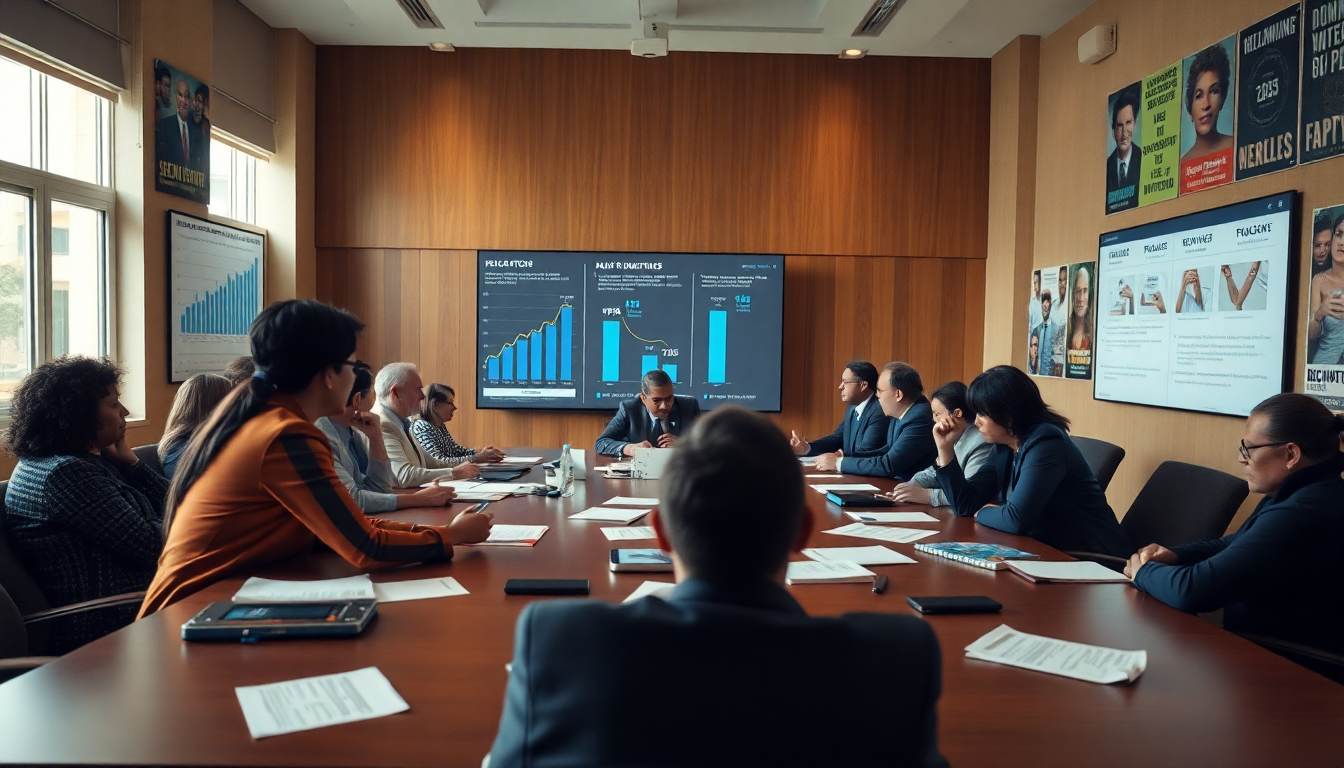Table of Contents
The political landscape in the United States is constantly shifting, with events that spark significant discussions and concerns among citizens. As we navigate this turbulent era, marked by polarized views and heated debates, understanding the underlying dynamics is crucial. Recently, influential figures like former Director of National Intelligence Tulsi Gabbard have made headlines, highlighting the charged atmosphere in today’s political discussions. Gabbard’s claim that ‘deep state actors’ are suppressing critical information about Trump-Russia relations invites scrutiny and debate, underscoring the ongoing struggle for transparency in governance.
Key Issues Shaping Political Discourse
One of the hottest topics right now is the ongoing ‘Russiagate’ controversy, which continues to unveil new revelations. Gabbard’s assertions of direct evidence linking former President Obama to this narrative raise essential questions about accountability and the integrity of political processes in the U.S. These allegations are more than just political theater; they resonate with the public’s desire for truth and justice in a system that often feels opaque and untrustworthy.
In addition, the recent developments surrounding Bryan Kohberger have captured attention, particularly his demeanor during family testimonies. This situation prompts discussions about mental health and societal perceptions of justice. As communities grapple with high-profile criminal cases, we must not overlook the psychological toll on families and the broader implications of judicial proceedings. This blend of personal tragedy and public interest reflects a complex societal framework that deserves our careful consideration.
Responses to Political Turmoil
In this climate of political tension, we see a variety of responses that illustrate a wide range of public sentiment. For instance, the confrontation between a grieving mother of an MS-13 murder victim and a senator during a hearing highlights the raw emotions and advocacy efforts that often define political engagement. These interactions remind us that behind every statistic lies a human story, echoing urgent calls for reform and accountability that permeate national conversations.
Moreover, the recent declassification of documents related to Martin Luther King Jr.’s assassination adds another layer to the discussion, revealing the complexities of historical narratives and the public’s demand for transparency. As citizens seek clarity, the release of these documents could reshape our understanding and reignite conversations about civil rights and systemic inequalities.
Looking Ahead: Trends and Predictions
As we assess the current political environment, it appears there’s a trend towards increased scrutiny of established political figures and institutions. Ongoing investigations, like the House GOP’s probe into former Biden chief of staff Ron Klain, indicate a willingness to confront perceived wrongdoing. With public trust hanging by a thread, the outcomes of these inquiries could have lasting effects on political affiliations and voter behavior.
Looking to the future, it’s vital to stay vigilant and informed. The evolving landscape calls for active engagement from citizens—whether through advocacy, informed voting, or participating in public discourse. Each person’s involvement in the democratic process helps shape the trajectory of our society, emphasizing the importance of staying updated on political developments and their implications for our communities. So, how will you stay informed and engaged in these crucial conversations?


